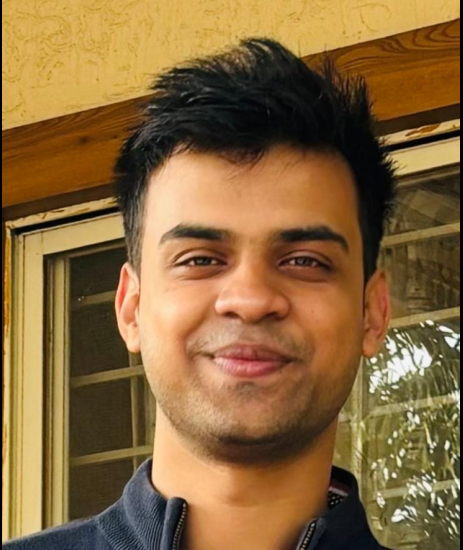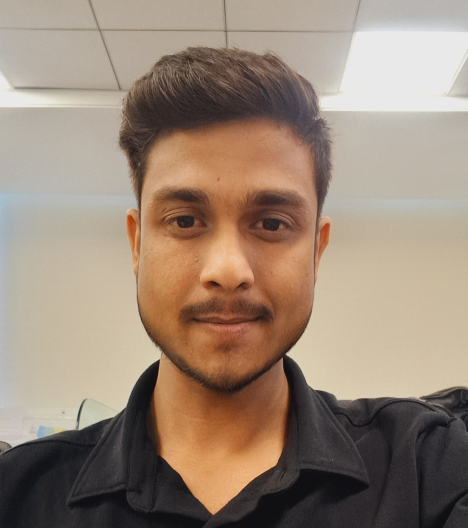In 2022, I moved to France to pursue my master's. Around the same time, my dad retired, and my parents started living alone. Everything felt fine, until one morning in the summer of 2023, I called my mom, and she told me something that shook me to the core.
Our neighbor, a 63-year-old retired MP Police officer, someone extremely fit and active had passed away. He had gone for a walk early in the morning, slipped, hit his head, and suffered internal bleeding. By the time someone found him and got him to the hospital, it was too late.
The part that haunted me was this: What if someone had been instantly alerted when he fell? Maybe the story would've ended differently.
Life moved on. I completed my degree, got a great job in Paris, and started living the so-called dream, working in Europe, traveling on weekends, and taking my yearly trip back to India.
But in December 2024, reality hit again. My mom, home alone, slipped in the bathroom after a shower. My dad was out. She lay on the floor until he returned. That fall injured her knees badly. When I visited India in early 2025, we admitted her to the Indian Spinal Injuries Centre for a double knee replacement. As the doctor operated for over 8 hours, I sat outside wondering, What could we have done differently?
You can't prevent every fall. But maybe, just maybe, you can reduce the suffering that follows. What if I had gotten an alert the moment she fell? What if I had called an ambulance immediately?
That thought became a spark.
I called Sumit and said, "This is a real problem. Can we do something about it?" He said, "Let's talk to 50 people and find out." So we did.
We spoke with dozens of people who live far away from their parents. And the questions were always the same:
The Questions That Haunted Everyone
- What if something happens to my parents and I'm not around?
- How do I know they're okay?
- What if they fall in the shower?
- What if they suffer a stroke while sitting?
- What if something happens at night?
We also spoke with seniors themselves—because they are the ones who would wear the device. That's when we knew, this product had to be screenless, lightweight, and simple. They shouldn't feel like they're being tracked. It should feel natural, not technical.
That's how Bitwell was born.
We're building it for the countless sons and daughters like us—living far from home, carrying invisible anxiety, and hoping their parents are okay.
We're building it so that when something goes wrong — a fall, a spike in BP, or hours without movement — someone gets an alert.
We're building it for those quiet emergencies that often go unnoticed until it's too late.

